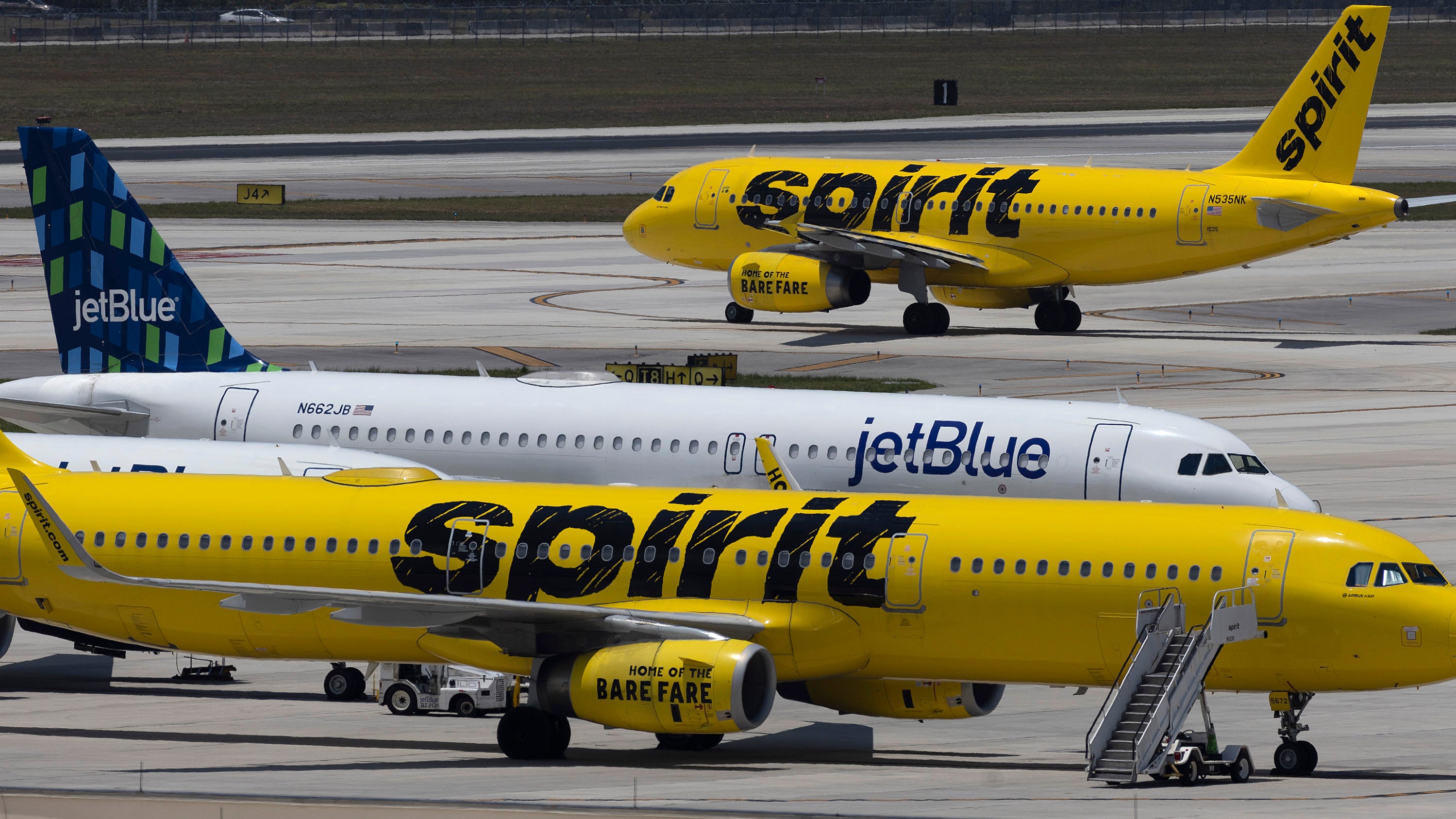The classic supply and demand economics comes into play, much to passengers' dismay.
When the demand for air travel blossomed last year after most global restrictions eased, passengers were met with soaring airfare prices on full-service and even low-cost carriers as airlines struggled to increase capacity amidst high fuel prices, closed airspace, and labor shortages.
The hopeful outlook for this year was that airfare prices would decrease as airlines stabilized their operational shortfalls and recovered from the pandemic, especially since the demand wasn't dying down anytime soon. But according to Capital A's Chief Executive Officer Tony Fernandes, such hopes will likely be dashed for passengers.
While passengers were shocked at how expensive air travel had, and still is, becoming to be, it's undoubted that the much higher airfare prices haven't deterred or slowed down the demand projections. And from Fernandes' perspective, the higher airfare prices are not high but rather authentic fares that airlines should have been charging since pre-pandemic times.
Albeit it seems harsh, the low-cost airline head has a point. Because if anything, the past year and going into this year do signify how much passengers are still willing to spend after not flying with any airline for more than two years, as Fernandes comments:
When the demand for air travel blossomed last year after most global restrictions eased, passengers were met with soaring airfare prices on full-service and even low-cost carriers as airlines struggled to increase capacity amidst high fuel prices, closed airspace, and labor shortages.
The hopeful outlook for this year was that airfare prices would decrease as airlines stabilized their operational shortfalls and recovered from the pandemic, especially since the demand wasn't dying down anytime soon. But according to Capital A's Chief Executive Officer Tony Fernandes, such hopes will likely be dashed for passengers.
Be prepared for continued higher prices
Speaking last week at the Aviation Festival Asia in Singapore, Fernandes highlighted his thoughts that airlines have generally been underpricing their flight services and that the industry has been somewhat lagging in charging passengers a more righteous price - until the post-pandemic demand boom for air travel.While passengers were shocked at how expensive air travel had, and still is, becoming to be, it's undoubted that the much higher airfare prices haven't deterred or slowed down the demand projections. And from Fernandes' perspective, the higher airfare prices are not high but rather authentic fares that airlines should have been charging since pre-pandemic times.
Albeit it seems harsh, the low-cost airline head has a point. Because if anything, the past year and going into this year do signify how much passengers are still willing to spend after not flying with any airline for more than two years, as Fernandes comments:
And despite most airlines posting profitable recoveries worldwide, they still face challenges that make maintaining and increasing required capacity challenging. As a result, the classic supply and demand economics comes into play - as a shortage of available seats cannot meet the intense demand, which is why Fernandes expects that passengers will continue to be greeted with higher airfare prices this year."After not having flown for three years, passengers' value of travel has also increased. If you can't have something for three years, you start to see how significant it was."


